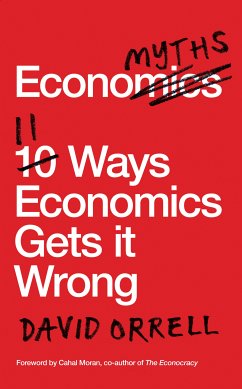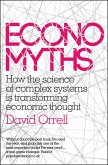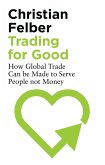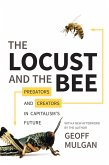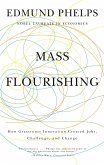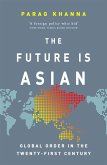When Economyths was first published in 2010, David Orrell showed how mainstream economics is based on key myths such as fair competition, rational behaviour, stability and eternal growth - and how these myths lead paradoxically to their opposites: inequality, an irrational economy, financial instability and a collision with nature's limits. Since then, we've had Occupy, political upheaval, flash crashes in financial markets, the warmest few years in recorded history - and a growing chorus demanding fundamental reform. So how has economics responded? In this revised and expanded edition, Orrell shows how the ten myths still dominate economics. He reveals their roots in thought that goes back to the ancient Greeks, making them hard to dislodge. And he uncovers, demolishes and develops an alternative to the greatest economyth of all - the one that will lead to the collapse of orthodox economics.
Dieser Download kann aus rechtlichen Gründen nur mit Rechnungsadresse in A, B, BG, CY, CZ, D, DK, EW, E, FIN, F, GR, H, IRL, I, LT, L, LR, M, NL, PL, P, R, S, SLO, SK ausgeliefert werden.

